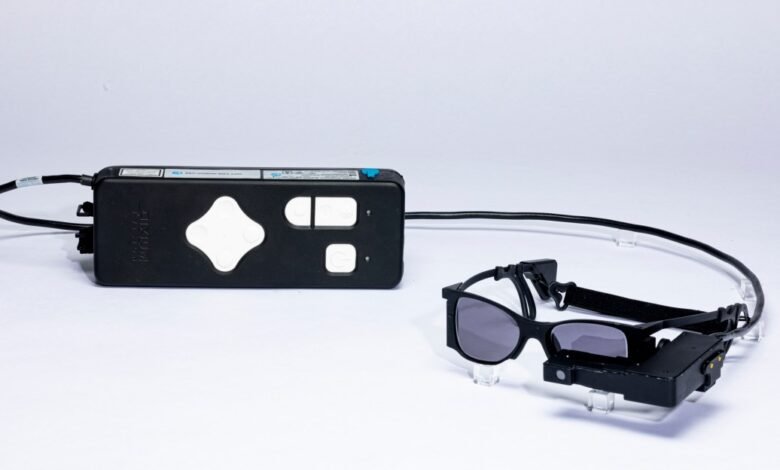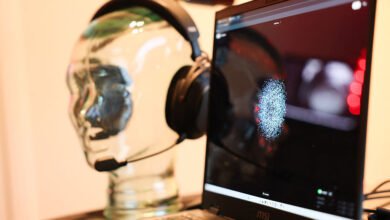Smart Glasses and Eye Implant Restore Partial Vision

▼ Summary
– Several dozen patients regained partial vision through a retinal implant paired with smart glasses, enabling activities like reading books and doing crossword puzzles.
– The study targeted patients with age-related macular degeneration, a progressive condition causing central vision loss due to retinal cell death.
– A 2x2mm photovoltaic implant was surgically placed under the retina, working with smart glasses that transmit images via near infrared light to stimulate the optic nerve.
– After one year, 26 of 32 participants showed improved vision with an 80% success rate, though the restored vision was blurry and monochrome.
– The technology originated from Pixium Vision and was acquired by Science Corporation in 2024, following a pattern seen with other vision prosthesis companies like Second Sight Medical.
A remarkable medical breakthrough is offering new hope to individuals suffering from a specific form of progressive blindness. Researchers have successfully restored partial vision in dozens of patients by combining a tiny eye implant with a pair of specialized smart glasses. This innovative system has enabled people who had lost their central sight to perform everyday tasks like reading books and completing crossword puzzles once again.
The clinical trial concentrated on patients affected by age-related macular degeneration, a condition that leads to the gradual deterioration of cells in the central retina, resulting in irreversible central vision loss. To counteract this, surgeons implanted a minuscule 2-by-2-millimeter device composed of photovoltaic solar cells beneath the retina. Participants then wore smart glasses equipped with a camera. These glasses capture the visual environment, enlarge the images, and project them via near-infrared light directly onto the retinal implant. In response, the implant generates small electrical pulses that stimulate the optic nerve, effectively taking over the function of the damaged retinal cells.
Out of an initial group of 38 patients who received the implant, 32 remained in the study for the full one-year duration. The results were highly promising, with 26 of those 32 participants demonstrating measurable visual improvement, representing an 80 percent success rate for the technology. While the restored sight is currently limited to blurry, black-and-white perception, independent experts have described the achievement as extraordinary.
The technology behind this advancement originates from Science Corporation, a brain-computer interface company. Its founder and CEO, Max Hodak, was previously a co-founder of Neuralink alongside Elon Musk. Science Corporation obtained the retinal implant technology from the French firm Pixium Vision, which had dedicated a decade to its development before facing financial difficulties. This rescue of a promising technology from abandonment mirrors the story of another vision prosthesis company, Second Sight Medical, whose own pioneering work was similarly salvaged by another startup, allowing critical clinical research to proceed.
(Source: The Verge)





